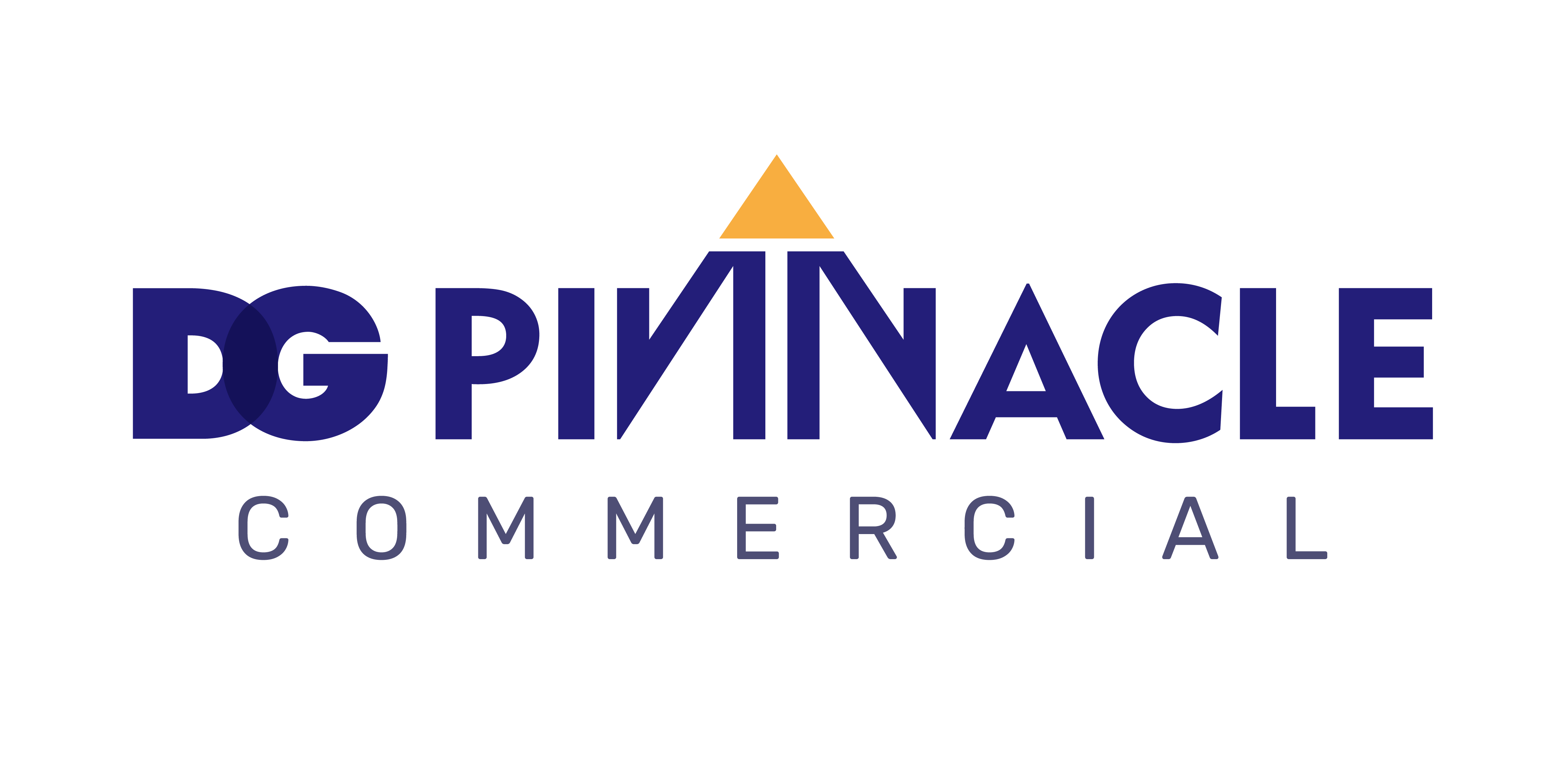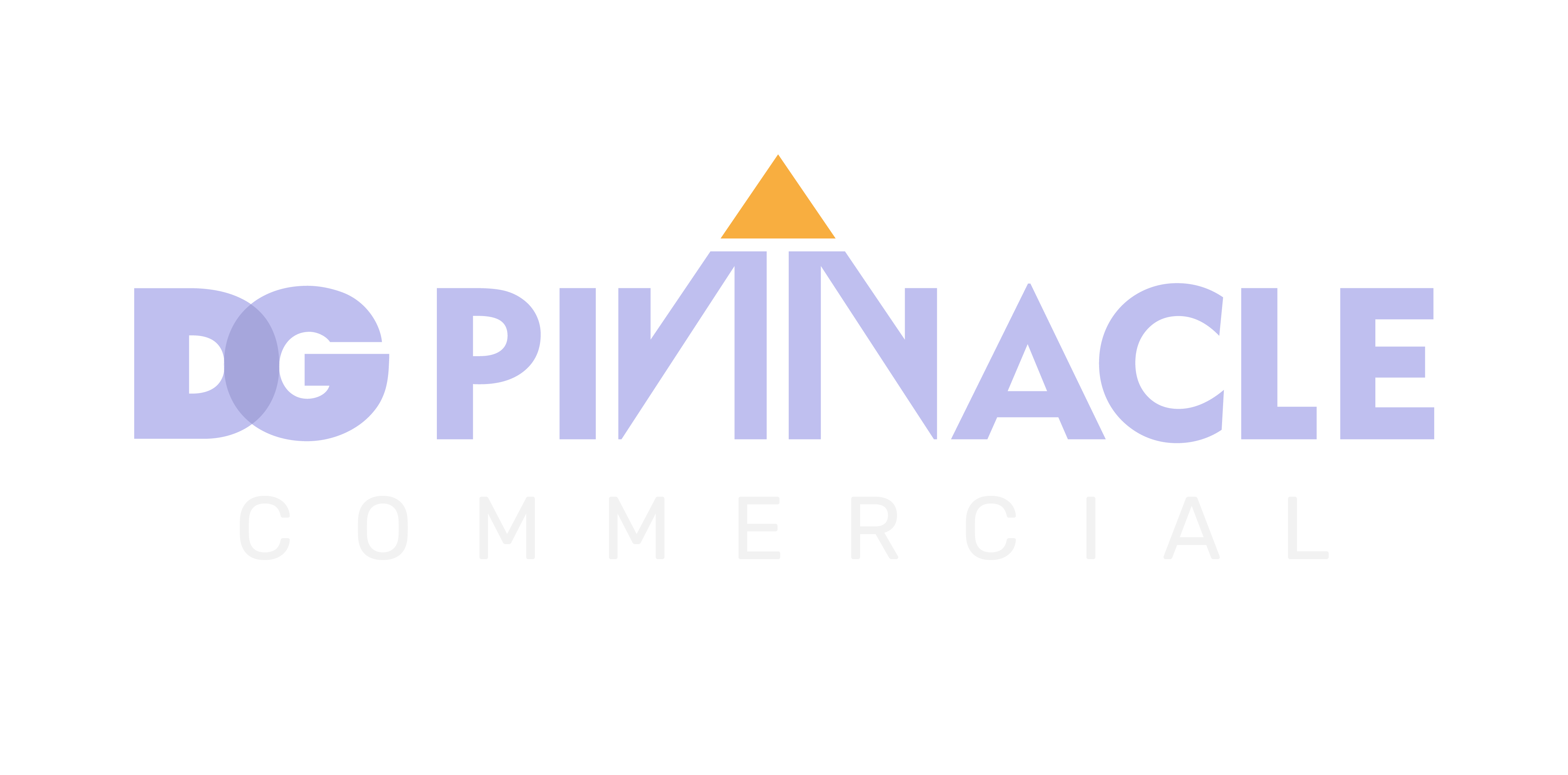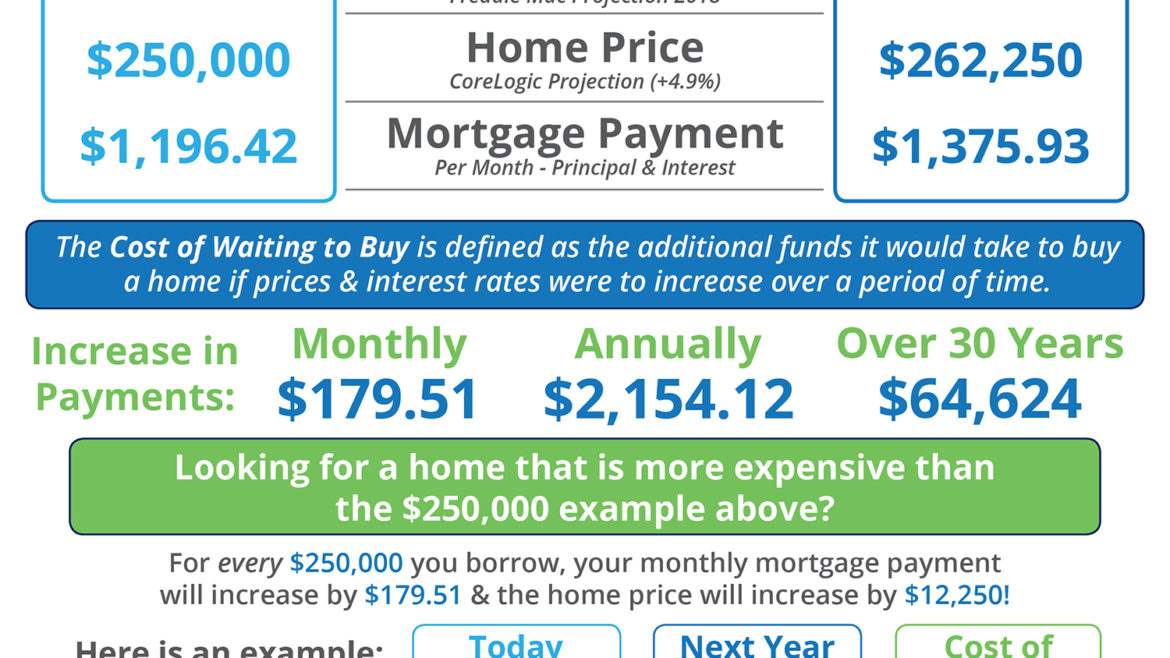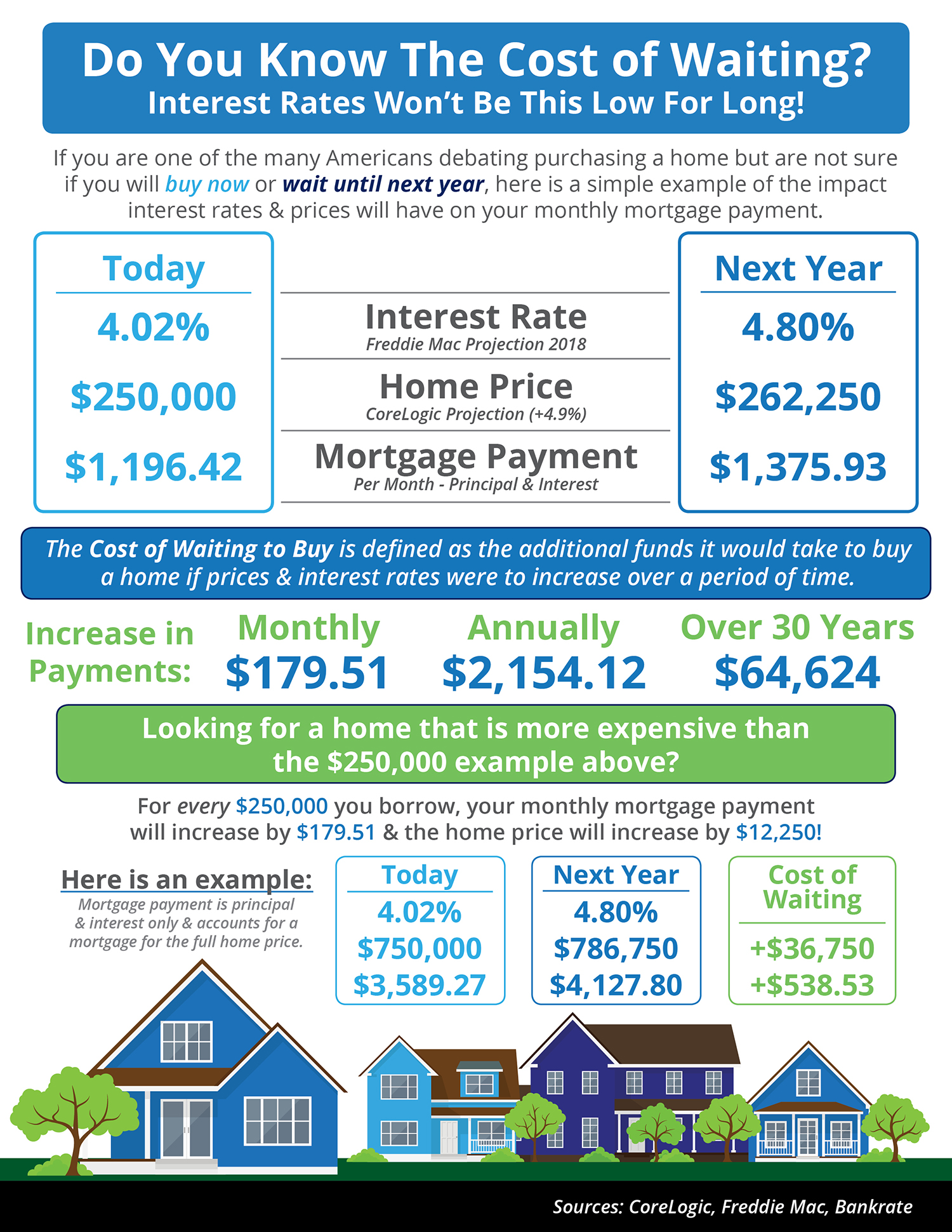Investing in Real Estate Will Help You Build a Diversified Portfolio
https://dgpinnaclecommercial.com/wp-content/uploads/2022/05/investing_in_real_estate_will_help_you_build_a_diversified_portfolio_dg_pinnacle_commercial_miami_mortgage_lender_large-1024x512.jpg 1024 512 admin admin https://secure.gravatar.com/avatar/7464d439c724f5dcb751ba120496063d?s=96&d=mm&r=gInvesting in Real Estate Will Help You Build a Diversified Portfolio
The stock market has surged since April 2020, but you only have to look back to March 2020 to see that indexes can plummet in the blink of an eye. On March 11, 2020, the Dow Jones entered a bear market just a few weeks after trading near all-time highs. While the market recovered quickly in this instance, bear markets typically last a lot longer and volatility still remains.
For that reason, investors are constantly searching for ways to reduce the fluctuations in their portfolios and find ways to make their portfolios more resilient. Below, we explore some of the ways you can do that through diversification into real estate.
Building Your Portfolio
The saying, “don’t put all of your eggs in one basket” is essentially an appeal for diversification, which in the financial world, is defined as the process of mixing a variety of investments within a portfolio. A diversified portfolio is invested in a number of asset types and investment vehicles.
Not all diversified portfolios are created equal, however. If you bought 20 different tech stocks, for example, you could argue that you are diversified. But the assets are likely to be highly correlated, increasing your risk in the event of a downturn in tech stocks. But by diversifying across uncorrelated asset classes, one or more of your investments are likely to outperform during tough times, keeping your portfolio afloat.
The goal behind diversification is maximizing returns for a given level of risk.
KEEP READING: How to Diversify Your Portfolio With Real Estate

A diversified portfolio is invested in a number of asset types and investment vehicles.
How Does Real Estate Investing Help You Diversify Your Portfolio?
The traditional portfolio has been made up of 60% large-cap stocks and 40% bonds. This breakdown does make a lot of sense—stocks and bonds have a low correlation—but it may not be the best way to maximize risk-adjusted returns. While bonds may still deserve a place in your portfolio, investors are sacrificing returns with this low correlation asset in our current low-yield environment. For that reason, you may want to consider other types of investments.
Private Real Estate Is Often An Excellent Addition To Your Portfolio
Real estate not only has little performance correlation with the stock market, but it also has historically strong returns, making it a valuable addition in the quest for diversification. This is especially true for private real estate, as publicly traded real estate, like REITs, still show correlation to other public assets.
The Yale Endowment is a perfect example of how this can play out over time. For decades, the endowment had excellent risk-adjusted returns. The Chief Endowment Officer, David Swensen believed in an 80% allocation to a variety of traditional assets and a 20% allocation to alternative assets, such as real estate.
YOU MIGHT LIKE THIS: Using a Home Equity Loan to Start an Airbnb
Real estate not only has little performance correlation with the stock market, but it also has historically strong returns

Use a Mix of Real Estate Assets to Diversify Your Portfolio
There are several ways to invest in real estate including doing-it-yourself, private equity funds, publicly-traded REITs, and online real estate platforms.
You may be able to use any of these investments to effectively diversify your portfolio.

The saying, “don’t put all of your eggs in one basket” is essentially an appeal for diversification.
Bottom Line
The bottom line is that the public markets (stocks) have historically been a volatile asset class and this current period is no different. By diversifying into real estate, you can increase the chances that you only experience mild fluctuations in your portfolio—instead of extreme volatility.
This article was originally published in www.investopedia.com














